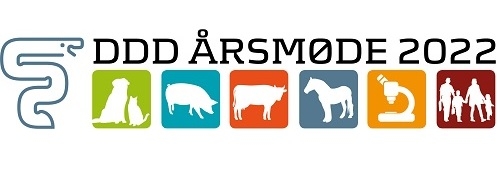
-
Jon Wray
BVSc DSAM Cert VC MRI CBiol FRSB FRCVS, RCVS-Recognised Specialist in Small Animal Medicine (Internal Medicine), Willows Veterinary Centre and Referral Service LtdJon graduated from University of Bristol in 1996 and after two years in mixed small and farm animal practice returned to Bristol to complete a Residency in Small Animal Medicine. In 2001 he established the Internal Medicine service at Willows Referral Service before moving to the Animal Health Trust, Newmarket in 2004 becoming Head of Internal Medicine and moving to University of Bristol in 2007 as Clinical Fellow / Lecturer in Cardiothoracic Medicine. In 2008 he moved to Dick White Referrals as Specialist in Internal Medicine and Head of Cardiology remaining for 13 years during which growth of the practice to a staff of 370 personnel was seen. In 2001 Jon returned to Willows Veterinary Centre and Referral Service as Clinical Director in one of the UK’s leading small animal hospitals.
Jon is an RCVS Specialist in Small Animal Medicine, awarded Fellowship of the Royal College of Veterinary Surgeons in 2018 for ‘Meritorious Contribution to Clinical Practice’ and was admitted as a Fellow of the Royal Society of Biology the same year. He is a Chartered Biologist and Fellow of the Royal Society of Medicine, author of the book ‘Canine Internal Medicine: What’s your diagnosis?’ and previous Chief Examiner for the RCVS in Certificate and Diploma in Small Animal Medicine.
Jon’s clinical work is divided between Internal Medicine, Cardiology and Interventional Radiology (a subject in which he has been in the vanguard of Specialists in the UK) and particular interests are in the areas of interventional endoscopy and vascular / cardiac interventions, respiratory medicine, diagnostic investigations and in teaching of clinical reasoning, judgement and cognitive error.Speaker til følgende sessioner-
09:00 - 09:40 Clinical approach and laboratory assessment of urinary tract disorders. Foredragssponsor LABOKLIN14:45 - 15:25 Medical approach to feline lower urinary tract disease (FLUTD). Foredragssponsor LABOKLIN09:50 - 10:30 Approach to haematuria, pigmenturia13:50 - 14:30 Acute kidney injury15:00 - 15:40 Feline ureteral obstruction15:50 - 16:30 Case examples - mainly lower urinary tract trauma, neoplasia
-
